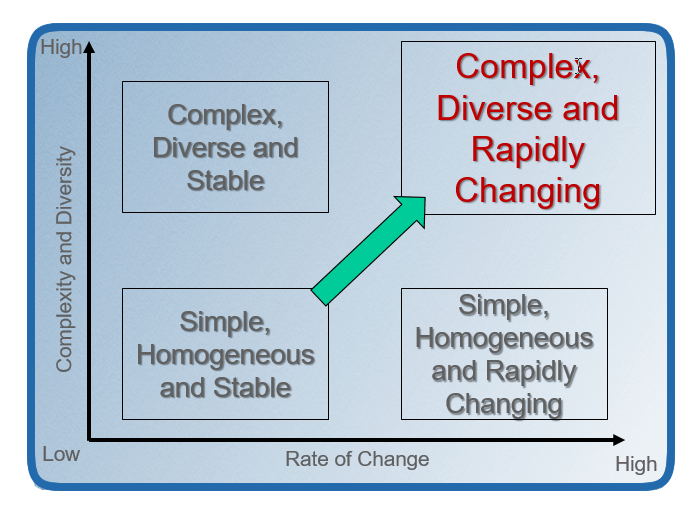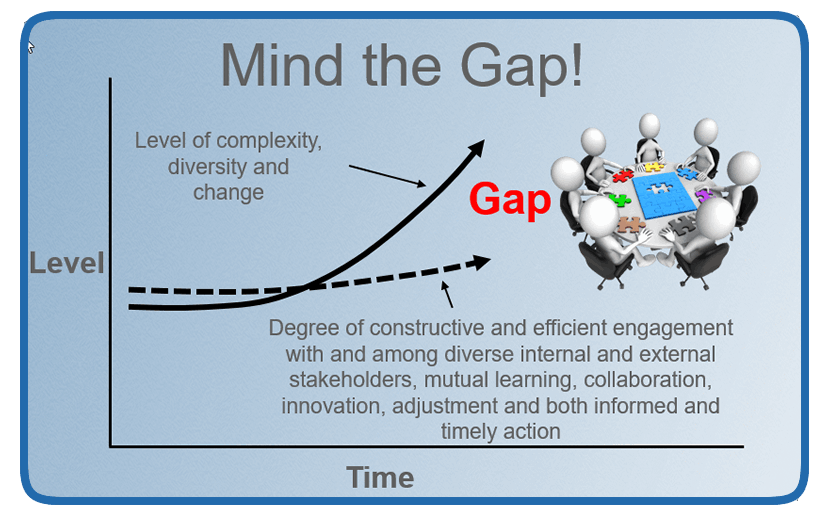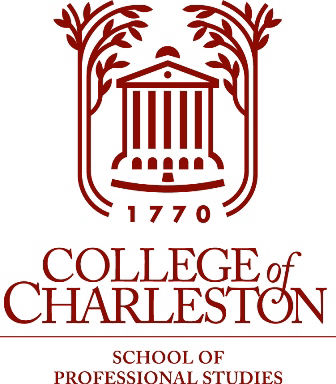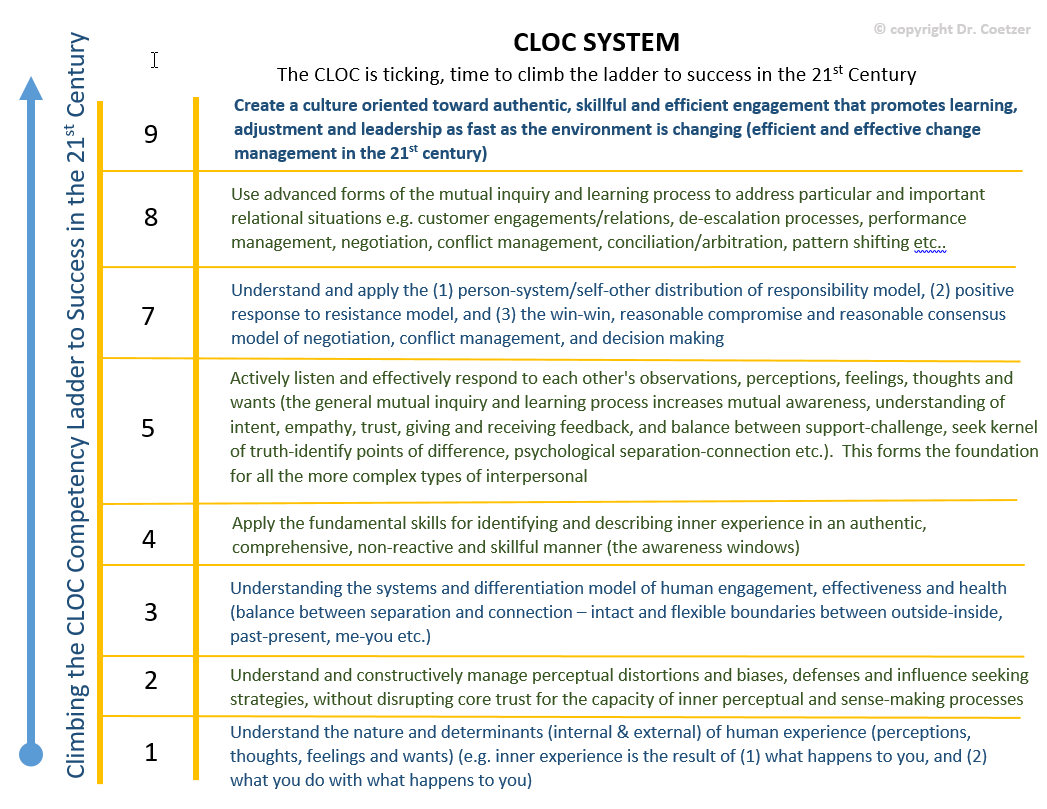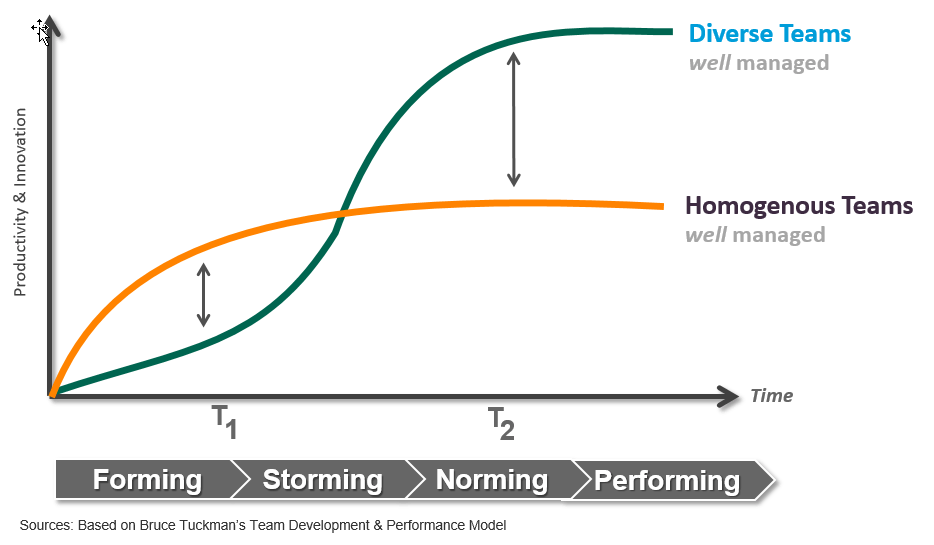In order to successfully complete the stages of (re)forming and storming, we need to:
(1) understand and manage our perceptions and inner experiences, including our biases, fears, defenses and preferences (does not exclude genuinely searching for and acknowledging the kernels of truth in perceptions we have of one another and both group and community culture - culture is patterns of observations, beliefs/values, inner experiences and behavior)
(2) develop the skills that support authentic, non-reactive and skillful engagement with ourselves and others
(3) develop a model for appropriately and constructively distributing responsibility
(4) develop and use a process of engagement that leads to mutual learning, trust, a balance of connection and separation, and mutual adjustment
